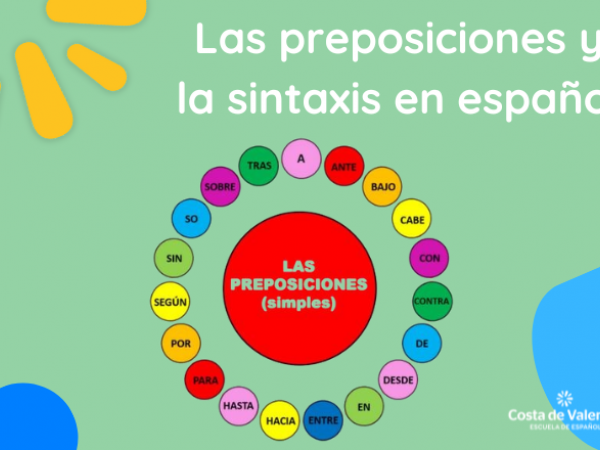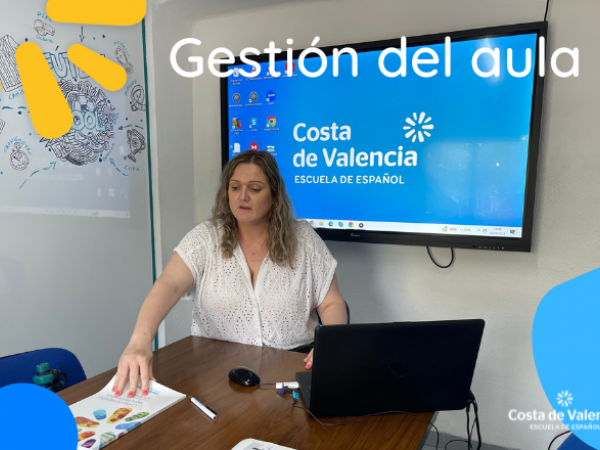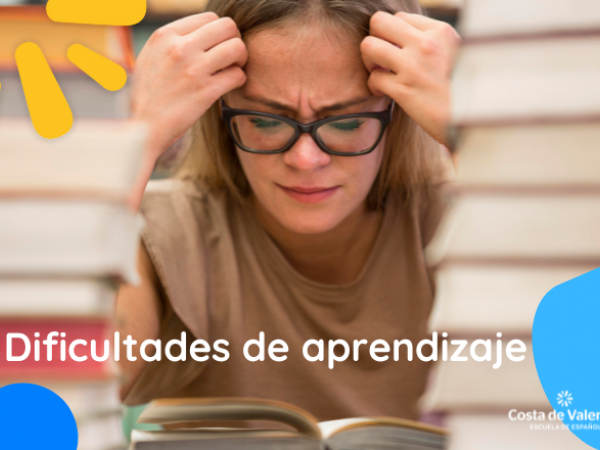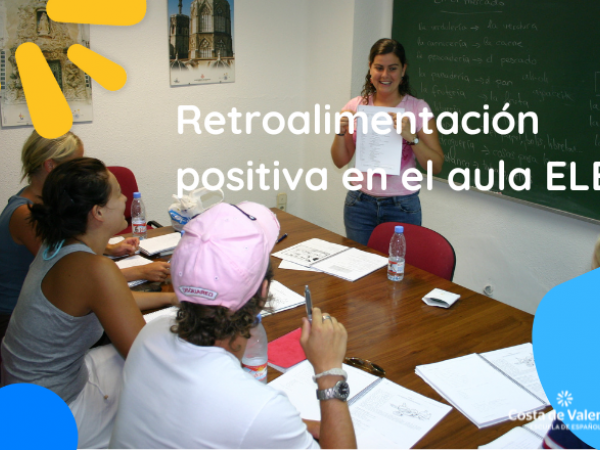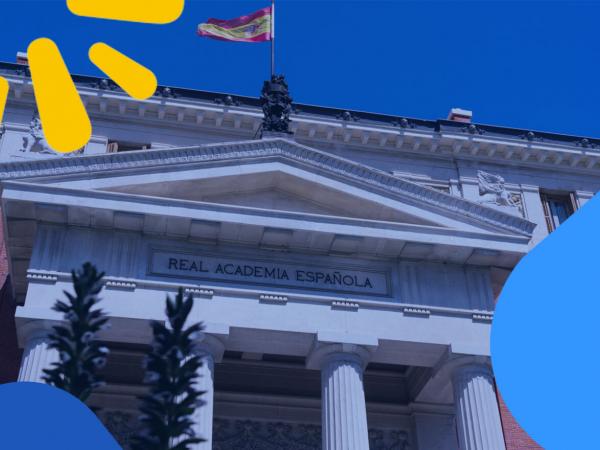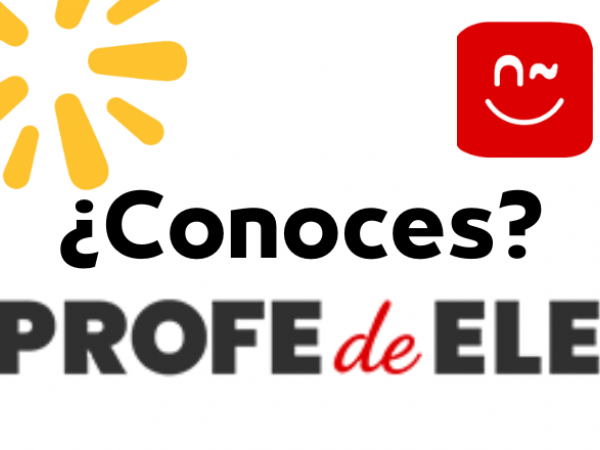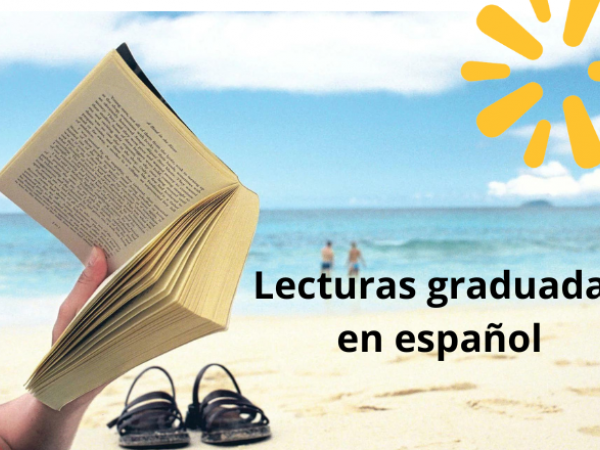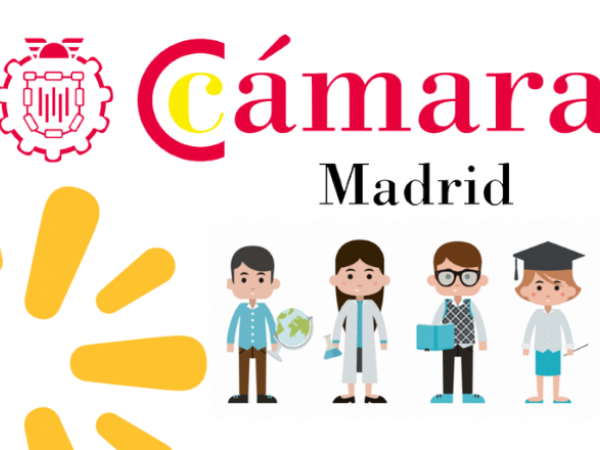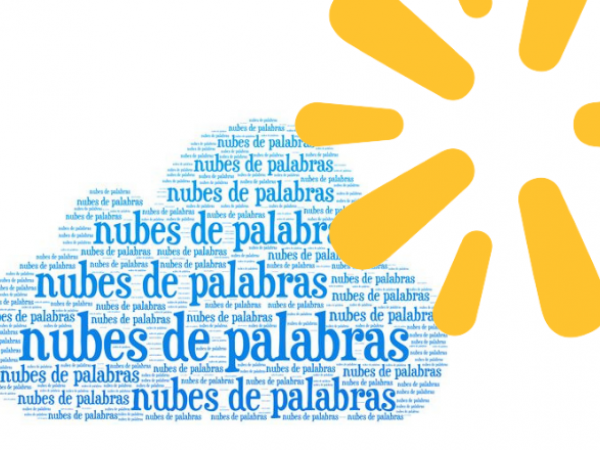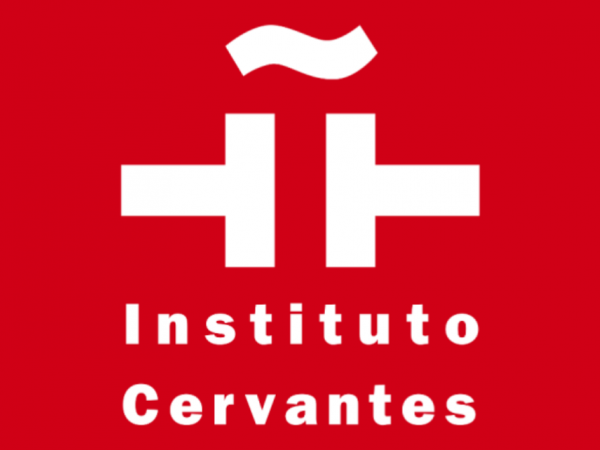Spanish Exam Preparation (Abitur, Matura, etc.)
What? I have to do an Abitur course next week, but what is Abitur?
This would be the typical reaction that a Spanish teacher has when they are told that they will have to help a student to prepare for their Abitur exam and fears increase when we enter the field of specific purposes and especially when it is something in which we do not have much experience.
First of all, we have to tell you what the Abitur is. It is an exam for the German baccalaureate and it is the one that allows access to the university in Germany, something similar to the EVAU or old selectividad in Spain. Students have different subjects to be examined: German, English, history, mathematics, biology, etc., and one of them is Spanish, of course if you have taken Spanish as a subject during your studies.
In Switzerland, the Gymnasium or Kantonsschule ('cantonal school') ends with the Matura, as in Austria, which is equivalent to the German Abitur.
We are not going to deceive you, we have to be honest and tell you that it is not at all easy to prepare a course of this type and there are many factors that influence this:
1. The topics are not fixed:
a. The contents tend to change every academic year, and are often chosen by the teachers who adapt the programmes provided by the State.
b. They change depending on the state (Bundesland) in which the student is located, this means that in the same academic year a student from Bavaria could have different contents than a student coming from Berlin.
c. Some of the topics we have worked on are:
i. Tourism in Spain
ii. Responsible tourism
iii. Spanish youth
iv. Immigration
v. Bilingualism in Spain
vi. History
vii. Chilean dictatorship
viii. Etc.
2. The type of exam is also different, the student can choose:
a. If you do it orally: you will have to give a presentation for 15 to 30 minutes and have a conversation with a teacher or sometimes with a classmate.
b. If they do it in written form: they will have to write argumentative articles and express well-argued and justified opinions on the topics they have dealt with during the course.
3. The exam format also varies:
a. Sometimes there are grammar parts (but very rarely).
b. A typical format is to have a text as input which the student has to summarise and present and then relate to one of the topics they have covered during the course.
c. Sometimes they have to draw the topic they are to discuss from an image, a picture which they have to describe and then relate to the topic.
4. The student has three exam options with different topics and different input, he/she has a few minutes to choose the option he/she likes the most and then about thirty minutes to prepare for it, after which he/she has to take the exam.
So, in this situation the only thing left to tell you is that you have to prepare a lot, we must have many activities to offer the student examples and models to practice, normally it is not necessary to revise the theory, but sometimes it is, so we must always have some theory file ready as support, but the most important thing is to have model activities to be able to practice. Sometimes you will need to revise or practise some aspect of grammar in order to give the student support so that they can use it in their exam.
An additional problem is the level of language that the student has, often it is much lower than the level of Abitur's contents and it is very difficult for them to understand a text as sometimes the linguistic level is not higher than A2.
Another important thing is to have direct contact with the student and have them send you the topics and talk to you about their exam format. Without this, it is difficult for us to prepare our class, because there are not so many manuals to get and print and use in the classroom, so keep up the good work.
As always we encourage you to keep working and not to be afraid to face new things in your classes.







